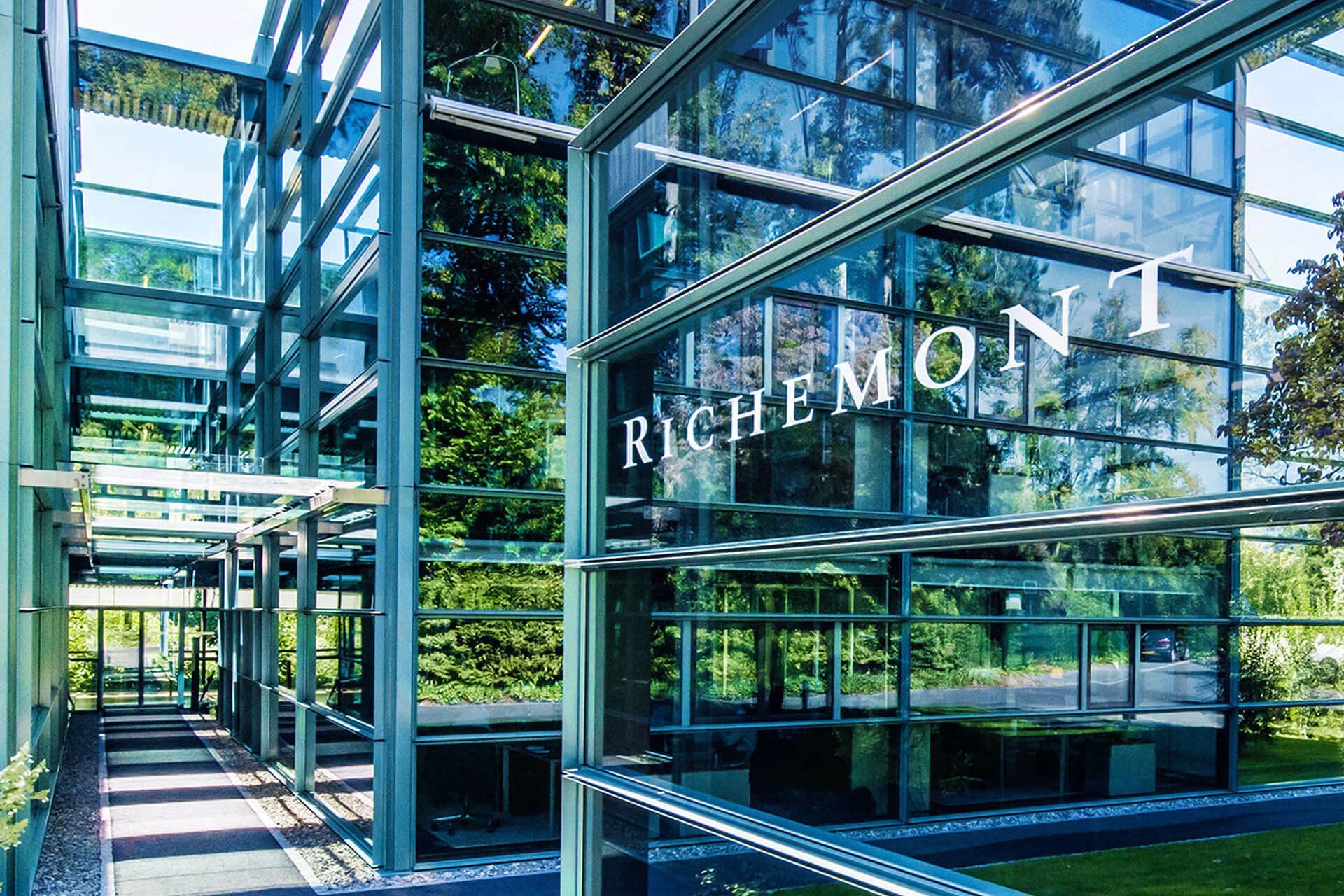Richemont’s Sales Dip Amid Stalled Chinese Demand Despite Jewelry Resilience
Swiss luxury conglomerate Richemont, known for its prestigious jewelry brands like Cartier and Van Cleef & Arpels, reported a slight decline in sales for the quarter ending September 30, with revenues falling to €4.8 billion—a 1% drop on a comparable basis. This figure fell short of the anticipated 2% rise, largely due to a significant 18% decrease in sales across the Asia Pacific region, which did not meet analyst expectations. This downturn was particularly pronounced in China, where consumer confidence remains subdued.
In contrast, the jewelry segment of Richemont showed a more robust performance, posting a 4% increase in sales, which, while below the projected 5%, still highlights a degree of market resilience. This growth was primarily supported by strong performances in the Americas, Japan, the Middle East, and Europe, which helped counterbalance the Asian market’s sluggishness.
The watchmaking division experienced a sharper decline, with sales plummeting by 19%, reflecting broader challenges within the specialist watchmaker sector. Richemont’s leadership, including Chair Johann Rupert and CEO Nicolas Bos, has indicated that the recovery of Chinese consumer demand might be a mid- to long-term expectation rather than a swift rebound.
Despite these mixed results, Richemont shares have increased by 6% year-to-date, buoyed by investor confidence in the enduring appeal of its jewelry brands. However, early trading after the earnings announcement saw a nearly 4% drop in share price, reflecting immediate market reactions to the quarterly performance.
The luxury sector, in general, has faced a challenging quarter, with other major groups like LVMH and Kering also reporting weaker than expected results, largely due to the ongoing economic pressures in China. This trend of reduced Chinese spending has impacted various consumer sectors, including beauty and beverages, signaling a broader economic cooling in the world’s second-largest economy.
Amid these conditions, Richemont has initiated a leadership restructuring aimed at enhancing decision-making efficiency and preparing for future growth. This includes appointing new chief executives for its key brands, signaling a strategic pivot towards stabilizing operations and maintaining the group’s profitability in an unpredictable global market.
